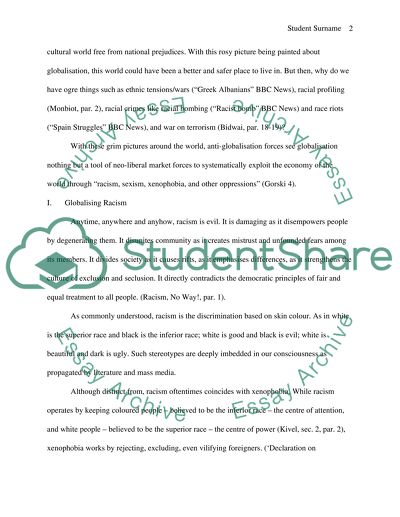Cite this document
(Intercultural Relations in a Globalising World Coursework, n.d.)
Intercultural Relations in a Globalising World Coursework. Retrieved from https://studentshare.org/social-science/1554670-intercultural-relations
Intercultural Relations in a Globalising World Coursework. Retrieved from https://studentshare.org/social-science/1554670-intercultural-relations
(Intercultural Relations in a Globalising World Coursework)
Intercultural Relations in a Globalising World Coursework. https://studentshare.org/social-science/1554670-intercultural-relations.
Intercultural Relations in a Globalising World Coursework. https://studentshare.org/social-science/1554670-intercultural-relations.
“Intercultural Relations in a Globalising World Coursework”. https://studentshare.org/social-science/1554670-intercultural-relations.


